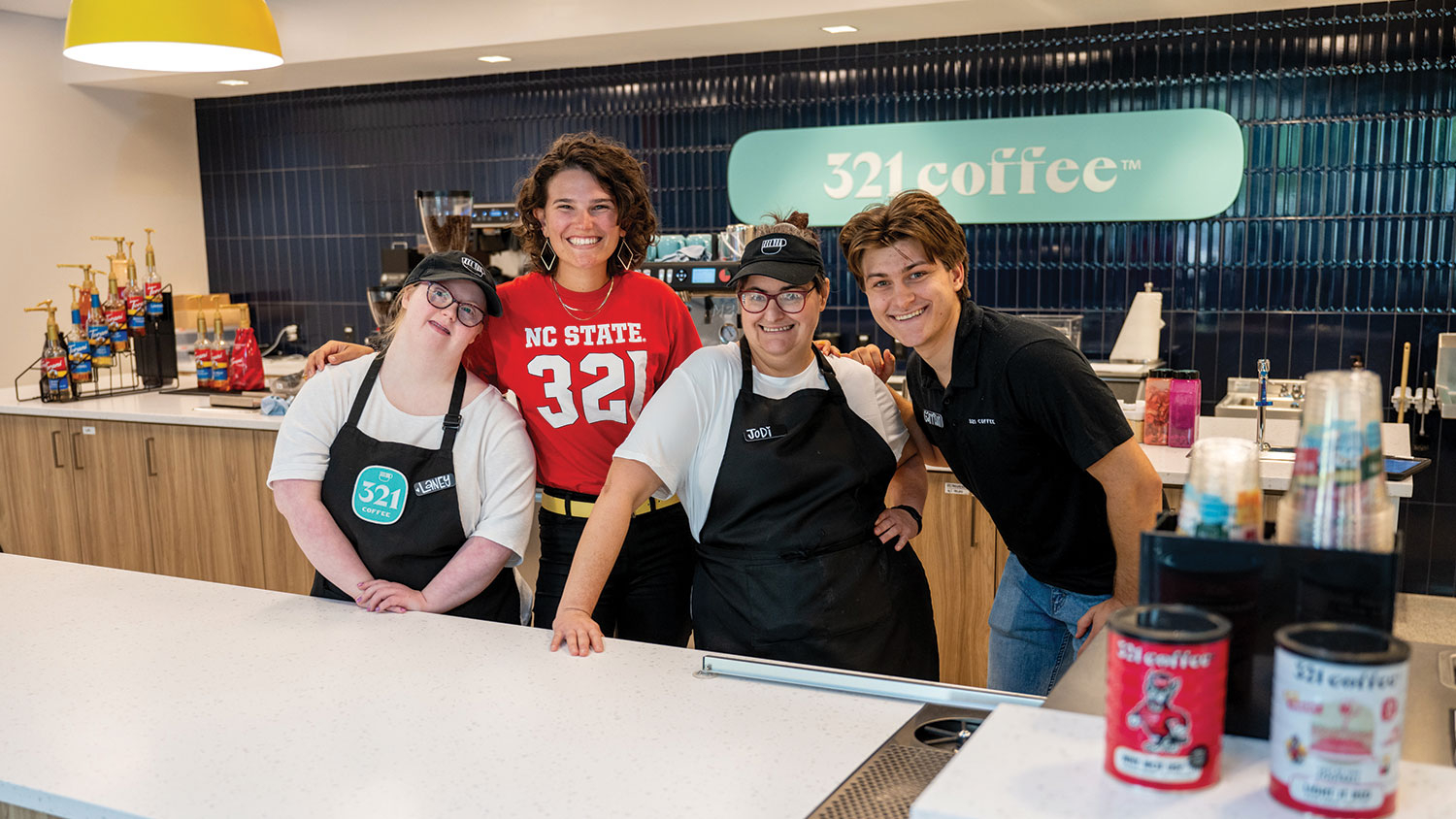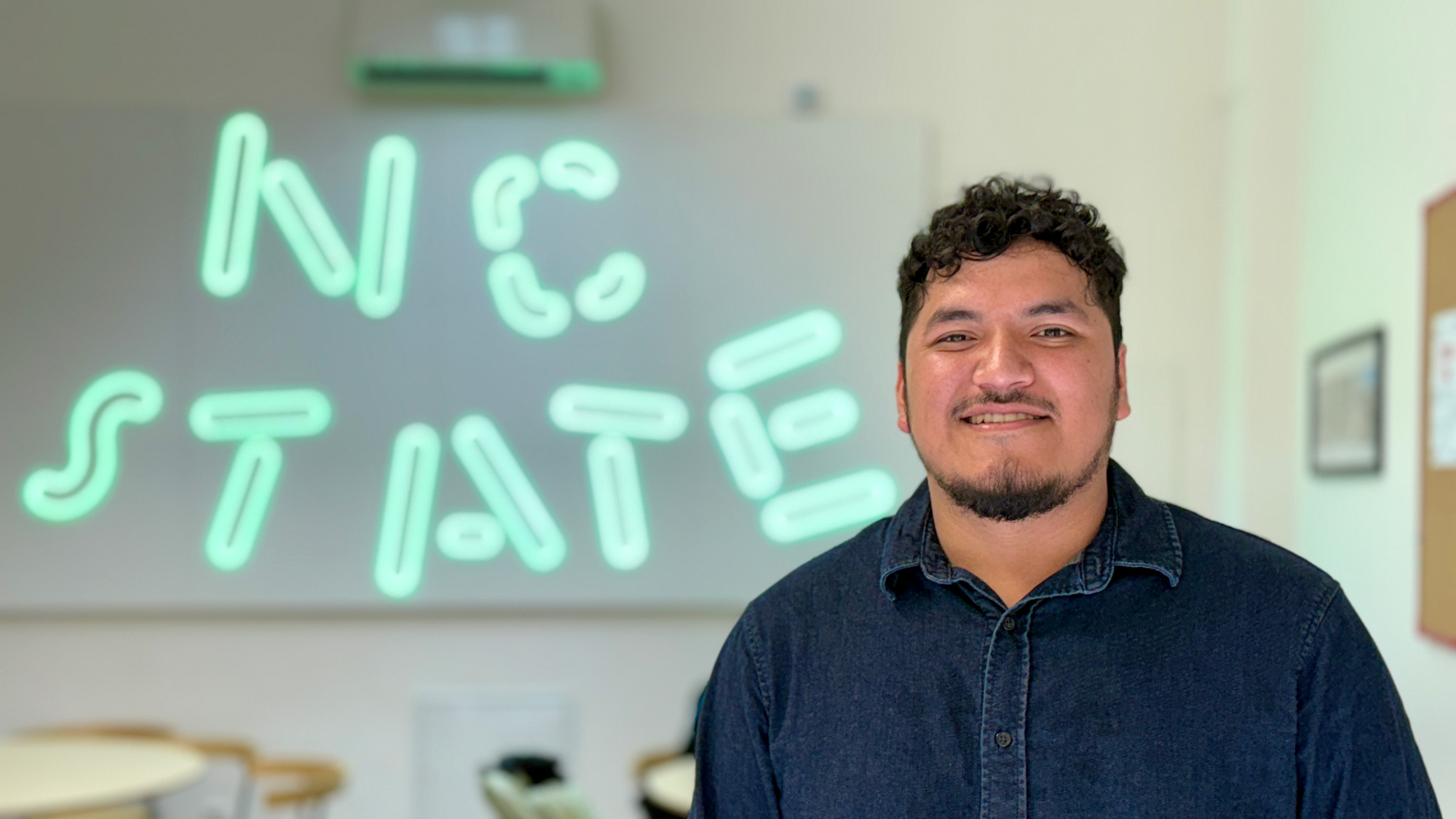Poole College Study Measures Impact of Ventures Led by Women, People of Color

This article was originally published on Oct. 27, 2019, for Business Sustainability Collaborative News.
A new series of studies, funded by the Ford Foundation and led by Poole College faculty, examines the social and environmental impact of investment in ventures led by women and people of color. The project is a collaboration between the NC State Poole College of Management and LIFT Economy, an impact consulting firm, worker-owned cooperative, and Certified B Corporation. The research team includes:
- Jessica Thomas, Director, Business Sustainability Collaborative, Poole College of Management, North Carolina State University
- Liz Tracy, Department of Psychology, College of Humanities and Social Sciences, North Carolina State University
- Jeffrey Pollack, Poole College of Management, North Carolina State University
- Ryan Honeyman, Partner / Worker-Owner, LIFT Economy
Preliminary research results include a practitioner report to help impact investors, foundations, family offices, policymakers, and other financial institutions better understand why it is important to support women and person of color-owned businesses and an academic paper studying the question of “How do women and people of color owned ventures that receive impact investing create value?”
This report represents a collaboration between the NC State University’s Poole College of Management, LIFT Economy, and Community Ventures’s Force for Good Fund. The Force For Food Fund (FFGF) is a $1M pilot fund that was designed to invest in high-impact, women and people of color-owned businesses. The idea behind the fund was to demonstrate that a more diverse and inclusive economy is possible—an economy where enterprises can create needed goods and services while creating outsized beneficial impact for people and the planet.
The present research reports on interview data and surveys collected from recipients of impact investment from the Force for Good Fund (FFGF) and investors in the FFGF. Our main research question was: “How do women and people of color owned ventures that receive impact investing create value?” Overall, four themes emerged from our data collection efforts—specifically, we found that there are four primary areas in which impact investment enables recipients to generate systemic impact in their communities: (a) Time, (b) Systems, (c) Impact, and (d) Champion.

Multiple theoretical and practical contributions emerge from this work. First, we find that the “patient capital” invested by the FFGF relieves some of the pressure women- and people of color-owned ventures feel with regards to raising money. Second, we find that impact investment facilitates recipients’ greater integration into the ecosystems in which they operate in terms of building relationships and community. Third, we find that impact investment reduces the barriers of exclusion that recipients feel which, in turn, breeds passion and diversity in the domain. Fourth, we find that impact investment provides a value champion that can help the recipient engage in strategic decision-making.
Based on the present work, we recommend the following next steps:
- Take the best practices from the FFGF and communicate these to practitioners and policy-makers with the intention of developing partnerships that can migrate the FFGF model and enable broader longitudinal data collection efforts to provide greater insight into this impact investing framework.
- Present this feedback to groups of investors to lend a new perspective on how to best support impact driven companies. There are many investors that focus on “impact investing”, but they may find the insights from this research helpful to consider new ways to approach the structure of their fund and create their ‘impact’ narrative.
- Develop and implement a follow-up research project that can track relevant metrics (e.g., Time, Systems, Impact, Champion, etc.) over time (longitudinally over 3+ years) in a larger sample of firms. This project would seek to replicate (and test) the present findings and address the specific constraints on generalizability we encountered.


